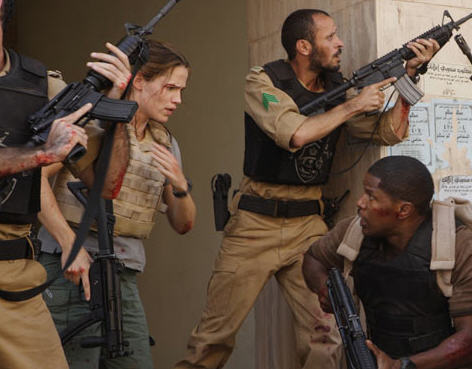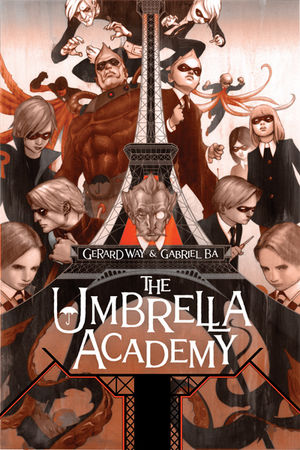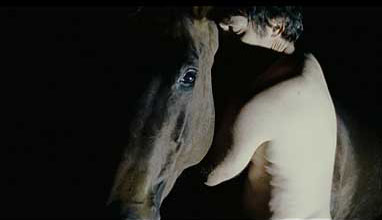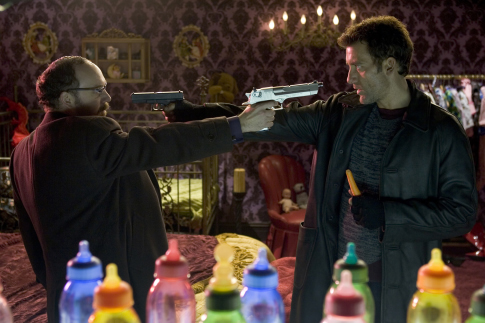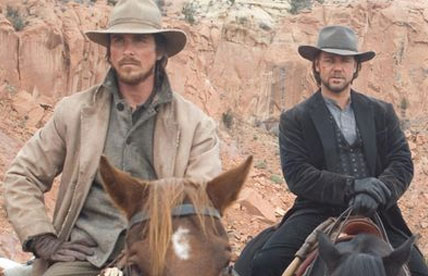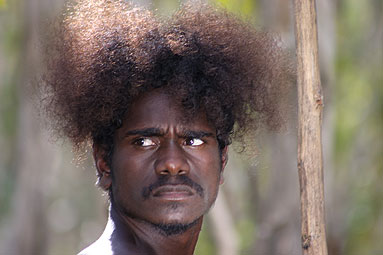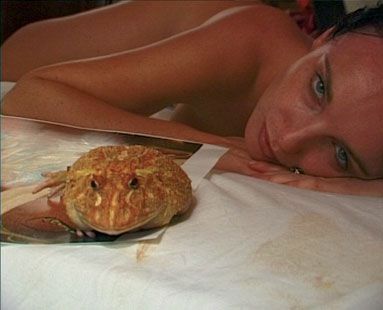
When it comes to documentary filmmaking, there’s probably no better kind of “good” a filmmaker can strive to achieve than “unbelievably good.” Finding a story and characters so compelling and colorful that the audience may have a hard time believing it wasn’t cooked up by screenwriters is a documentary Holy Grail, a best-of-both worlds situation in which it all seems too good to be true, but is anyway.
Seth Gordon finds just such a story with The King of Kong: A Fistful of Quarters, the story of the intense rivalry between the world’s two greatest classic Donkey Kong players and their battle to be the crowned the best in the world at their chosen field.
Gordon, like all documentarians, has the power to mold and shape the truth he shows, of course, and undoubtedly work went into sharpening the contrasts between his players to wring further drama from the event—but there’s only so much massaging that can be accomplished in the editing room. And his “villain” just keeps handing him material with which to fashion him a black hat.
That would be Billy Mitchell, a gawky nerd who mastered several arcade games and racked up a series of world records in the early ‘80s pinnacle of arcade culture. Decades later, his Donkey Kong high score of 874,300, several hundred thousand points above the next closest contender, is unchallenged, and, more so, thought to be unchalleng-able. In a pronouncement typical of him throughout the film, Mitchell compares himself to the Red Baron, who’s number of shoot-downs in World War I was so far above all other fighter pilots of the time, that his is the only name anyone even remembers.
A star in the Twin Galaxies organization, the axis around which competitive arcade gaming revolves, Mitchell has grown into a successful Florida restaurateur and his own line of hot sauce. Now a (relatively) handsome, self-assured man with a short black beard, a menacing mullet, and a predilection for neckties, he waxes philosophically about all the success he’s seen in life, and that if he’s doing this well, then perhaps to equal it out “there’s some poor bastard who’s getting the screws put to him.”
Enter Seattle-based unemployed father Steve Wiebe, a talented but terminally unlucky, extremely earnest Everyman who’s almost had great success in sports and music, but always comes up short.
Until he demolished Billy’s 20-year-old King Kong high score.
Or did he?
Continue reading

